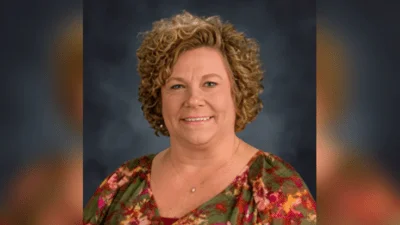There has been a lot of emphasis in the last decade on helping insect pollinators in any way we can. Farmers have taken land out of production and devoted it to pollinator plots, and gardeners have increasingly been planting swaths of their yards dedicated to pollinators. If you want to help but do not have the space or time for an entire garden, you can grow a pollinator pocket.
Pockets are small gardens scattered throughout towns and neighborhoods that provide a food source for pollinating insects. To see an example, drive by the Farm Bureau building at 210 West Washington Street in Paris. The Edgar County Extension Master Gardeners planted a trial pollinator plot last summer with plants donated by members.
The following is a list of plants that grow well in Illinois and are easy to find to help you get started on your pollinator pocket.
Perennials and biennials: aster, beebalm, beardtongue, bellflower, black-eyed Susan, blazing star, butterfly weed, coneflower, foxglove, goldenrod, hollyhock, Joe Pye weed, larkspur, lead plant, lobelia great blue, milkweed, monkshood, mint, native rose, and white indigo.
Annuals: alyssum, cleome, cosmos, evening primrose, flax, lantana, Mexican sunflower, morning glory, mullein, poppy, sunflower, snapdragon, tomato, verbena, and zinnia. Most of these annuals are easily planted from seed which helps hold down the cost. Saving seeds from the first year will give you free seeds for next year.
Herbs: basil, borage, catnip, comfrey, dill, fennel, hyssop, lavender, mint, oregano, parsley, sweet marjoram, rosemary, and thyme.
As with any new garden, prepare the pocket by loosening up the soil, removing weeds and foreign matter, and incorporating organic matter. The Master Gardeners used composted manure in their plot. Plant your transplants or seeds and keep watered until the roots are established, and the plants begin to grow. They will need less water after that. Mulching helps retain moisture and prevents big swings in soil temperature.
It is helpful to have something blooming during spring, summer, and fall. However, that isn’t always possible in a small pocket. Just remember, every flower helps whenever it blooms.
Enjoy building your pollinator pocket. If you have questions, call the Illinois Extension Master Gardeners of Edgar County at 217-465-8585.





 Alerts Sign-up
Alerts Sign-up